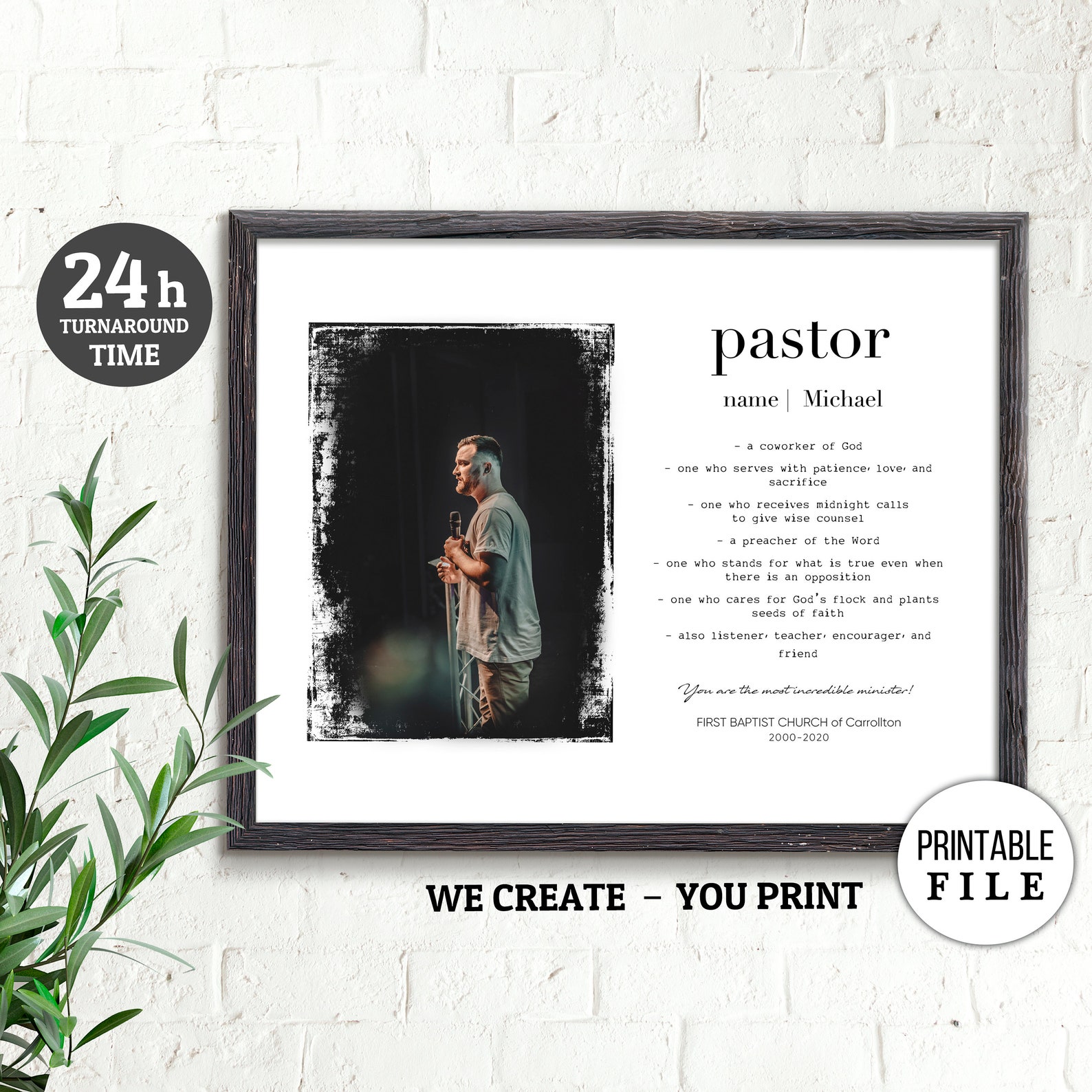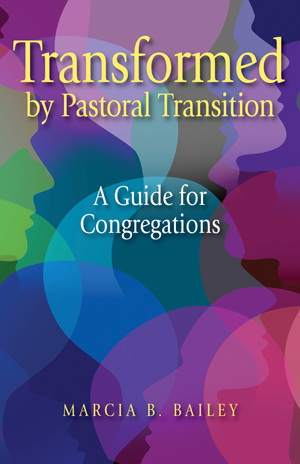

Interim pastorates are great options for between times, but there are alternatives: Make these partners your first stop after the two steps above. They also hold the bigger landscape of what church leadership looks like now and what resources are available to your church. Your state/regional CBF coordinator(s) and your CBF Global staff want to help you. What unresolved issues in your congregation will need attention before you can extend a good call to a settled pastor, and what focused time and outside help will your church need to do this well? What’s the capacity of your lay leadership and remaining staff to carry some of the day-to-day work of the church with the requisite support, appreciation and/or compensation? Do you have retired pastors or clergy who serve in other settings (e.g., chaplaincy) who could pick up some ministerial responsibilities if needed?Īssess your church’s needs. Here are some thoughts I’d share based on those discussions:

I came away very energized by the creativity exercised and the possibilities developed around the table.

I had the opportunity recently to participate in conversations with judicatory leaders (the equivalent of state/regional coordinators and associate coordinators in the CBF world) in another denomination, and many of them were asking this very question. What, then, is a church in between settled pastors to do? There are at least three reasons for this: More congregations are looking for this kind of leadership due to waves of pastoral turnover more interim ministers are leaving church work for other fields or moving fully into retirement due to all of the challenges raised by the pandemic and interim pastors are less geographically mobile because of family obligations (spouse’s job, kids’ schools or needs for specialized medical care, and/or caretaking responsibilities for aging parents). I am hearing more frequently, however, that churches are having trouble finding interim pastors. In cases like these, there are realities that must be addressed before a fruitful search for a settled minister can begin, and intentional interim ministers are prepared to assist in these matters. It can be particularly important to have an intentional interim pastor when the departing minister has served the church for 15 or more years, if there is conflict, if there was a difficult break with the last pastor, or if there are big decisions to be made about the future of the congregation. (Note: I have served in both of these kinds of interim roles, so I heartily believe in the value of these kinds of ministries.) Intentional interim pastors do this and more, guiding the congregation through a season of self-study and discernment so that the church is prepared to call and fully welcome its next settled clergyperson. Interim ministers provide consistency during what can be a chaotic time, performing the typical pastoral functions such as preaching, attending meetings and offering pastoral care. That kind of leadership can help a congregation both to stay grounded and to grow spiritually.įor decades the conventional wisdom has been to call an interim pastor to serve during staff transitions, and for good reason. You could count on your pastor’s guidance for your whole church amidst big shifts in the larger culture. Your pastor, after all, was someone who encouraged and supported you in challenging times and celebrated moments of joy with you. It can feel personally and collectively de-stabilizing not to have a steady presence in the pulpit, at the meeting table, and in the church office.


 0 kommentar(er)
0 kommentar(er)
